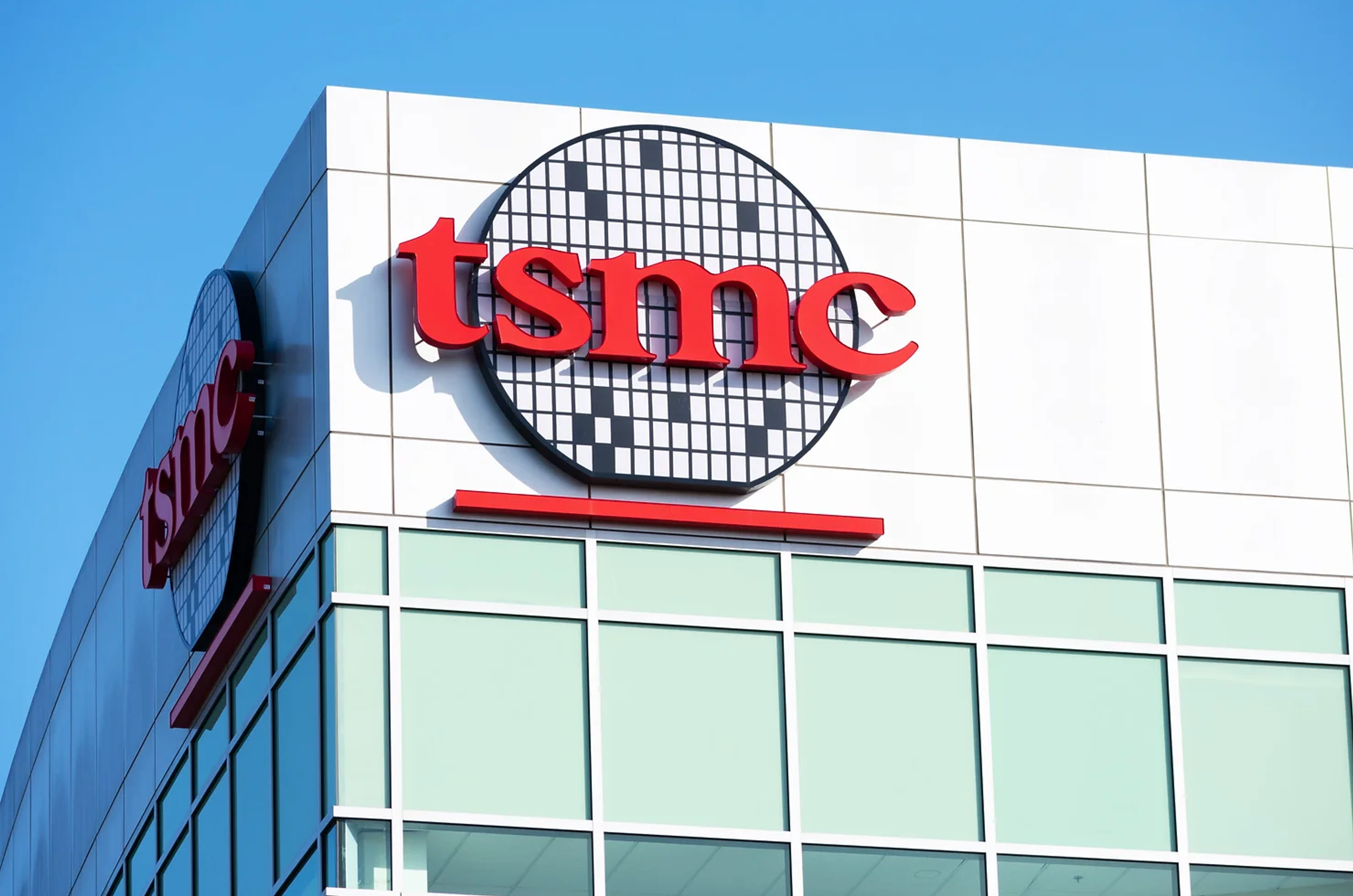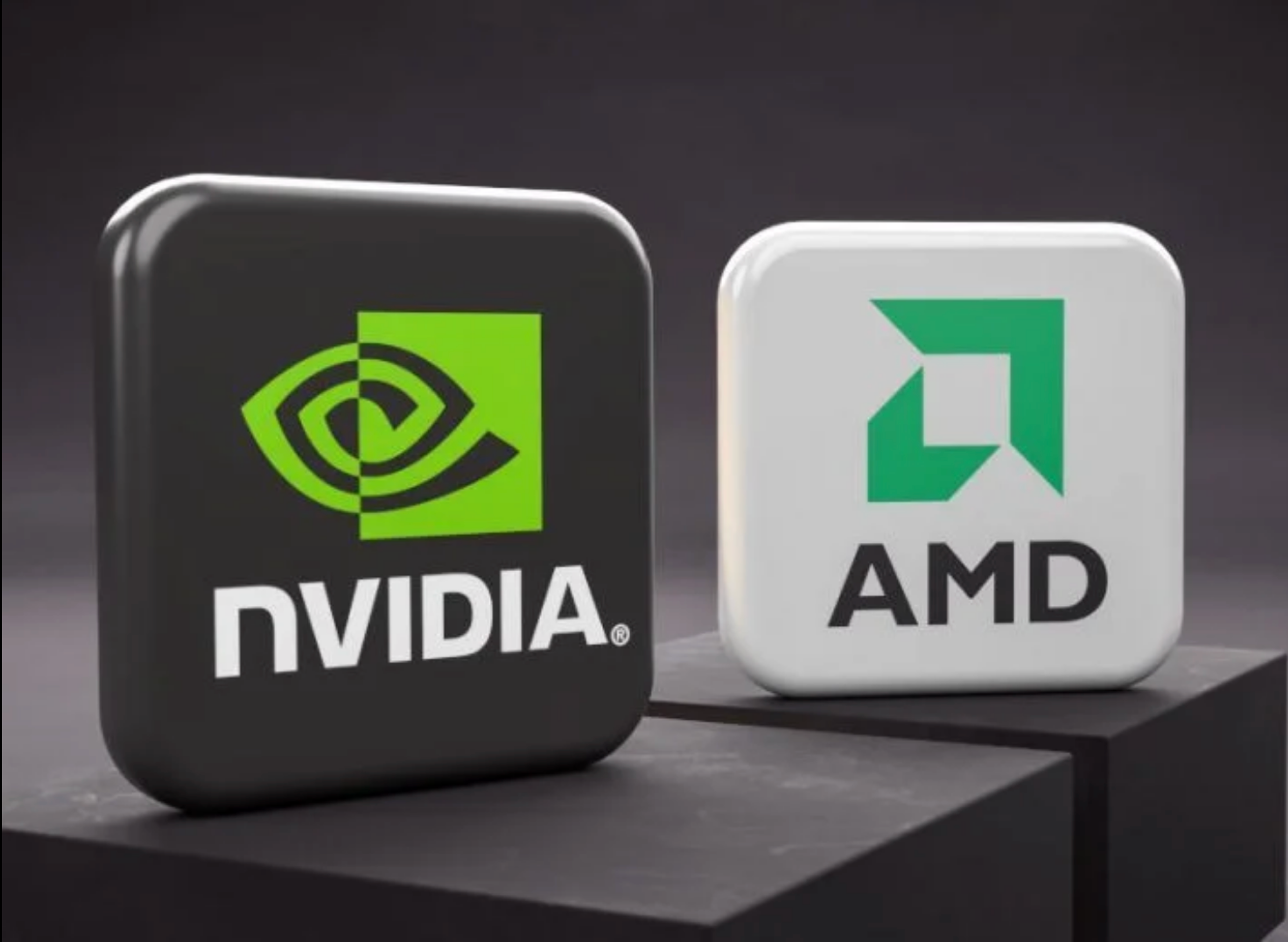The Clash for Virtual Reality Apple VS Meta



On June 5th, 2023 Apple released their vision for their first iteration of a seemingly incredulously priced product. The Apple Vision Pro starts at $3500 with a planned release in 2024, there's a good reason for the pricing and release date. The apple vision pro is reliant on two chips, the M2 and the R1 chip. Both are produced in Taiwan, and they could be hopeful for the semiconductor boom in Arizona to lower costs.

Currently, Taiwan produces 60% of the world semiconductor’s chips; most advanced chips are still produced in Taiwan. Responsible for a total of 58.5% of a global market share within the semiconductor foundry (Statista). TSMC is one of the largest, if not the largest, players in manufacturing.
With the United States' current sanctions on China, and rising tensions between China and Taiwan. Especially with TSMC’s establishment of a 40B Investment in Arizona. Furthermore, the prior sanctions the United States Commerce Department requires a license to export semiconductors and semiconductor-producing equipment. This puts companies that relied on these wafers, essentially the fundamental building block for anything technology-related, and equipment used to manufacture said wafers and general semiconductor necessities.

Major Chinese companies like NVIDIA, and AMD felt the burn temporarily as they found new sourcing for both. As NVIDIA stated last year the US government demanded a stop in exporting AI chips to China. Apple’s decision to wait a year to further develop its applications and hire new AR/VR developers only makes sense. Apple can preserve its premium quality product brand and rival the hundreds of applications on META.
With the United States passing the CHIPS Act semiconductor companies may potentially flock to the states, which in turn could increase the costs of production. Despite the 50+ Billion in investments and research, this could lead to even higher prices not just for the future of virtual reality, but for all tech goods produced by Taiwan. Should TSMC’s gambit in Arizona fail, the US will be in for a major setback in the chip war and so the US will lose its role as the dominant lead in Technology. With additional issues within TSMC, we could see a potential increase in pricing for all things technology, but our dreams for WEB3 may be delayed even further, so delaying the release of the Apple Vision Pro makes sense. Yet, at the same time releasing the apple vision pro later could also harm Apple.

META, Apple’s main competitor in the field plans to release its mixed-reality headset. With a planned launch the Oculus Quest 3 plans to launch in the Fall of 2023. Especially with Apple’s high price point they might drive more people towards the affordable Oculus. At the price point of $499, and noticeable decreases in the pricing of their Meta Quest 2 to $300. Furthermore, it gives META even more time to establish itself as an affordable metaverse and virtual platform for everyone. Despite Apple’s improvements in addressing major concerns in mixed reality use such as nausea, motion sickness, and daily interactions. Apple will have to one-up META’s current user base, but Apple can uproot META’s early lead. Due to their R1 Chip focusing on interactions between sensors. They establish themselves not only as a premier product but a product that ensures your physical health will not be impacted through mixed reality use.
In short, Apple's release date for 2024 may be a double-edged sword. On one end META gains a stronger foothold, should they be able to address motion sickness and nausea. As we all know speed dominates. Apple could arise as the savior of the mixed reality nausea problem. Only time will tell us how the next battle for WEB3 goes.
Stay updated on the latest advancements in the technology industry by subscribing to Silicon Business Review.
---------------------------------------------------------------------------
Works Cited
Alsop, Thomas. “Top Semiconductor Foundries Market Share 2022.”Statista, 14 Mar. 2023
Lahiri, Anusuya. “Taiwan Semiconductor Projects $10B in Revenue from Arizona Plant.”Yahoo! Finance, Accessed 11 June 2023.
Nellis, Stephen, and Jane Lee. “U.S. Officials Order Nvidia to Halt Sales of Top AI Chips to China.”Reuters, 1 Sept. 2022.
Rossolillo, Nicholas. “Taiwan Semiconductor’s Arizona Fab Could Mean Big Wins for 2 Other Chip Stocks.”The Motley Fool, 9 Dec. 2022.

